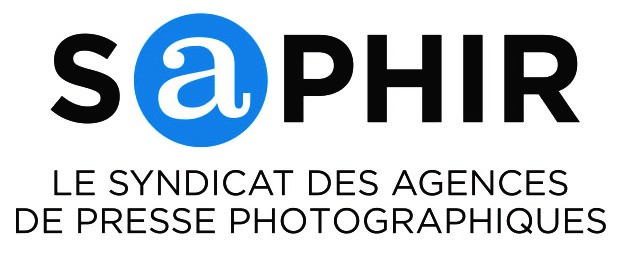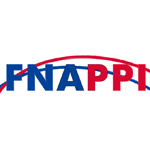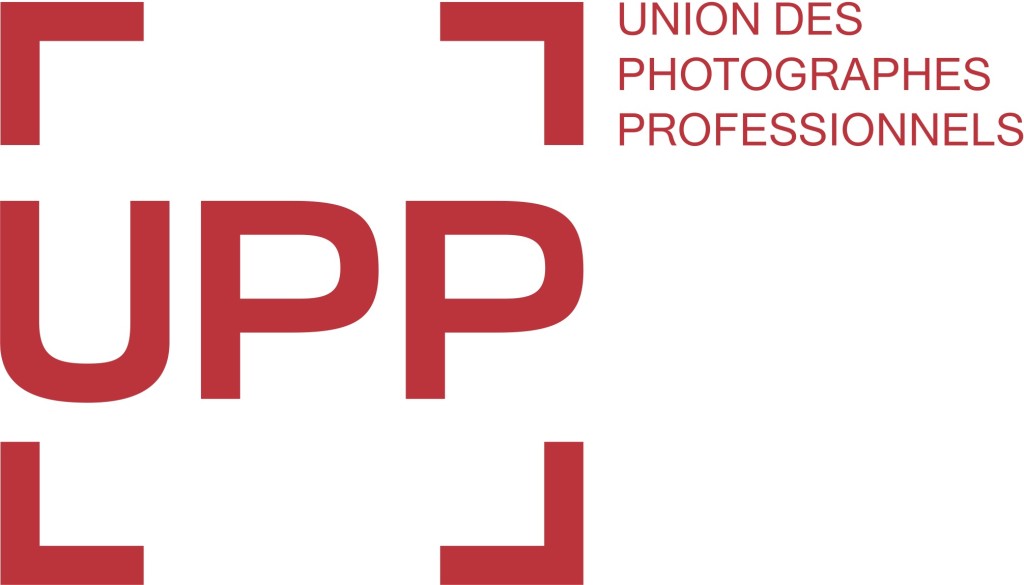[Brussels, 08.05.2024] – The global community of visual content professionals eagerly anticipates the upcoming CEPIC Congress, set to take place from 15 to 17 May in Juan les Pins (Antibes), France. Organized by the International Association of the Visual Media Licensing Industry (CEPIC), this annual event serves as a pivotal gathering for stakeholders across the visual content industry.
Authenticity in the Age of AI encompasses a wide variety of subjects, from generative AI to the identification and labeling of images over the requirement of Diversity, Transparency and in general the concept of “Authentic Imagery” and “Ethical AI”. This year’s congress will feature a robust lineup of speeches, panel discussions, workshops, and networking opportunities designed to address the latest disruption facing the industry: AI and Generative AI. Keynote speakers are:
- Craig Peters, CEO of Getty Images, interviewed by Emily Shelley, MD of Alamy, CEO of PA Media Group and president of CEPIC ;
- Franck Bardol, Associate Professor & Deep Learning Instructor at the University of Geneva, interviewed by Gilles Devicq of Pond5 and vice-president of CEPIC
The CEPIC conference lines up more than distinguished 50 speakers and moderators from all sides of the industry to drive multiple conferences on numerous topics including Content Monetization in the Age of AI, Diversity of Industrial Applications of AI, Exploring the Ethical Dimensions of AI Law around the world, Ethical Use of AI, Biases in AI models, Authenticity in News and Heritage Photography.
Congress participants will be offered updates in technology standards, ethical/legal issues and discussions on Copyright infringement of images trained for generative AI. On Friday 17th CEPIC is organizing a roundtable discussion on the state of the visual media licensing industry in the time of AI, followed by a presentation on the environmental impact of AI proposed by Lucia Hasbach, CEO of HalfPoint Synergy. In addition to the enriching educational program, the CEPIC Congress will provide over 250 attendees from over 30 countries with ample opportunities to connect with peers and forge new partnerships.
More information may be found here: Programme | CEPIC.
“We are thrilled to host the CEPIC Congress 2024 and bring together thought leaders and innovators from around the world to discuss the future of visual content,” said Sylvie Fodor, executive director at CEPIC. “In an era defined by rapid technological advancements and shifting consumer behaviors, it’s more important than ever for industry professionals to come together, share insights, and chart a course forward.”
The CEPIC Congress 2024 is sponsored by 14 organizations including Google (Key conference partner), Shutterstock (Gold Sponsor), Imago and Alamy (Bronze sponsors) Other partners & sponsors are Imatag, EANA, Wirestock, PicRights, BRIA, Activo, FotoArena, IQPlug, SIPA Press and Momapix.
Join us in Antibes from May 15 to 17th to be part of the conversation and help shape the future of the industry.
For more information and to register, please visit https://cepic.org/congress/fees-registration
Press Passes may be requested at cepic2024@cepic.org
About CEPIC:
CEPIC represents hundreds of Picture Libraries and Agencies representing hundreds of thousands of photographers whose core business is the direct licensing of visual content off-line and online. Acting as right holders, Picture Libraries and Agencies license digital assets for all kinds of commercial uses, to newspapers, magazines, advertising, broadcasters, etc. CEPIC members are continuously adaptive towards innovative technology solutions for the growth in digital enterprises and have developed sophisticated digital platforms to both market digital content online and provide digital access to images.
Amongst CEPIC members are global players such as Getty Images, Shutterstock, Adobe, visual content marketplaces such as Alamy and Dreamstimes, fine arts libraries such Bridgeman Images or AKG Images, historical archives such as Roger-Viollet, news agencies such as Belga (Belgium), TT (Sweden), ANP (Netherlands) or the AFP, (France) more recently AI focused image libraries such as VAIsual, ph








